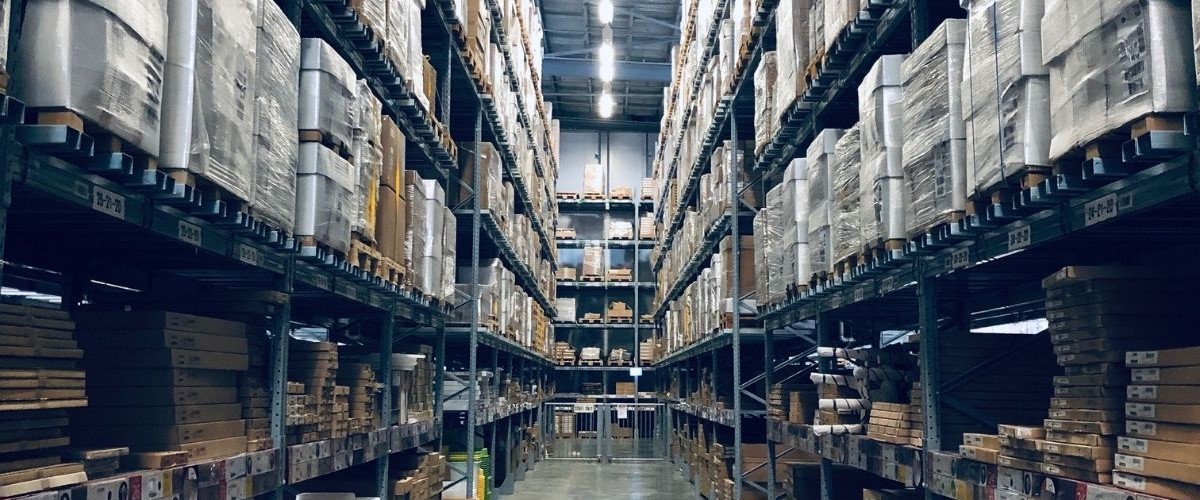The Covid-19 pandemic has exposed hidden vulnerabilities in supply chains and manufacturing around the world, and raised questions about how these systems must be redesigned to remain competitive in future markets.
Harvard Business Review’s recent article titled “Global Supply Chains in a Post-Pandemic World” gives several ideas about how companies can make their networks more resilient. Here’s a summary of their ideas:
- Thoroughly map your supply chain to identify your vulnerabilities
- Diversify your supply base by adding more sources in locations without the same risks
- Consider increasing intermediate inventory or safety stock
- Take advantage of process innovations like automation, new processing technologies, continuous-flow manufacturing, and additive manufacturing
- Reduce the number of SKUs carried to improve your capacity flexibility [1]
Canaan Group has over 75 offices overseas, and can assist in accessing new markets on your behalf. Please contact your sales person or email info@canaangroup.ca for information on new international opportunities for your business.
New Regulations for Food Importers & Exporters
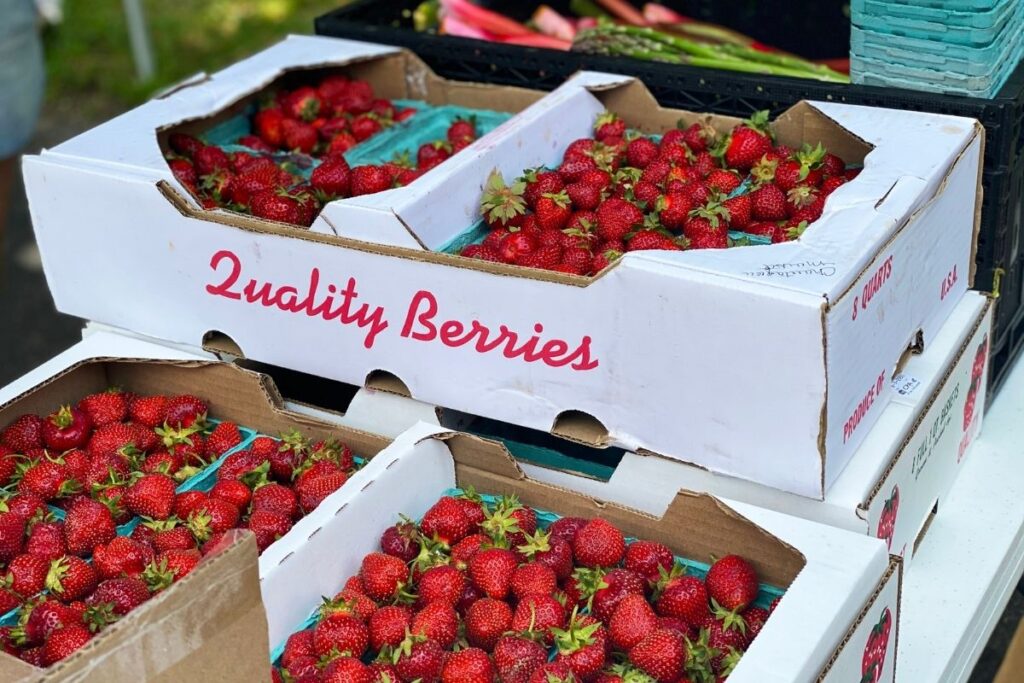
The new Safe Food for Canadians Regulations (SFCR) have been taking effect gradually during a timeline that spans from 2019 to 2021.
As of July 15, 2020, all importers of food products must apply for, and be a registrant of, the SFCR licensing system. Food exporters are responsible to ensure the food they export was manufactured by a license-holder. [2]
Canaan Transport has been assisting customers with the SFCR licensing requirements since the inception of this program and are happy and able to manage this process for you. By working with our company you can avoid delays and additional costs, as well as save yourself administrative time completing the many forms that need to be filled out. Please note that you are always subject to inspection and enforcement. Although we will make best efforts to assist you, the license-holder is ultimately responsible for upholding the law, so we strongly suggest that you review the regulations. Please contact us at info@canaangroup.ca.
CUSMA’s Nuts and Bolts
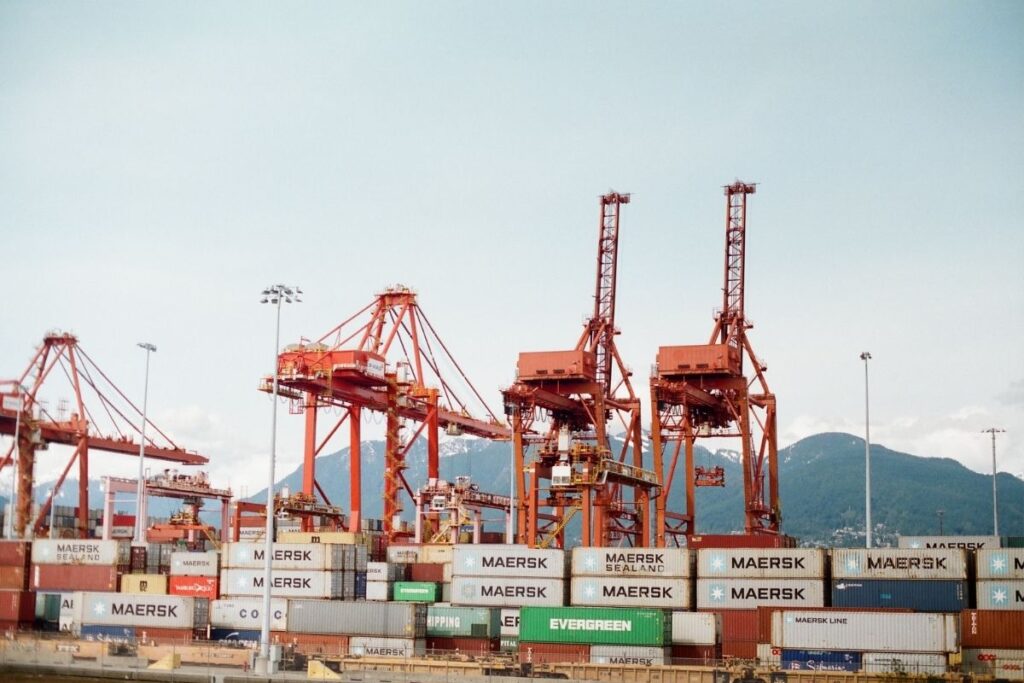
Starting July 1, 2020, the CUSMA (Canada – United States – Mexico Agreement) replaces NAFTA and includes changes for importers, exporters, and service providers.
Key changes to look for include increases to the “de-minimis” tolerance, changes to origin certification, changes to duty and tax exemptions, as well as extensions to apply for refunds on duties in some cases. [3]
Canaan Group’s customs department has a thorough understanding of CUSMA and is available to assist in answering any questions about specific ways your business might be impacted by the new rules. Many of the changes under CUSMA will help Canadian companies benefit in the post-pandemic recovery. We are here to help your business adjust to the updated trade agreement so you can develop your business and stay competitive in the market. Please contact us at sales@canaangroup.ca.
Changes Coming to BC’s Container Trucking Act
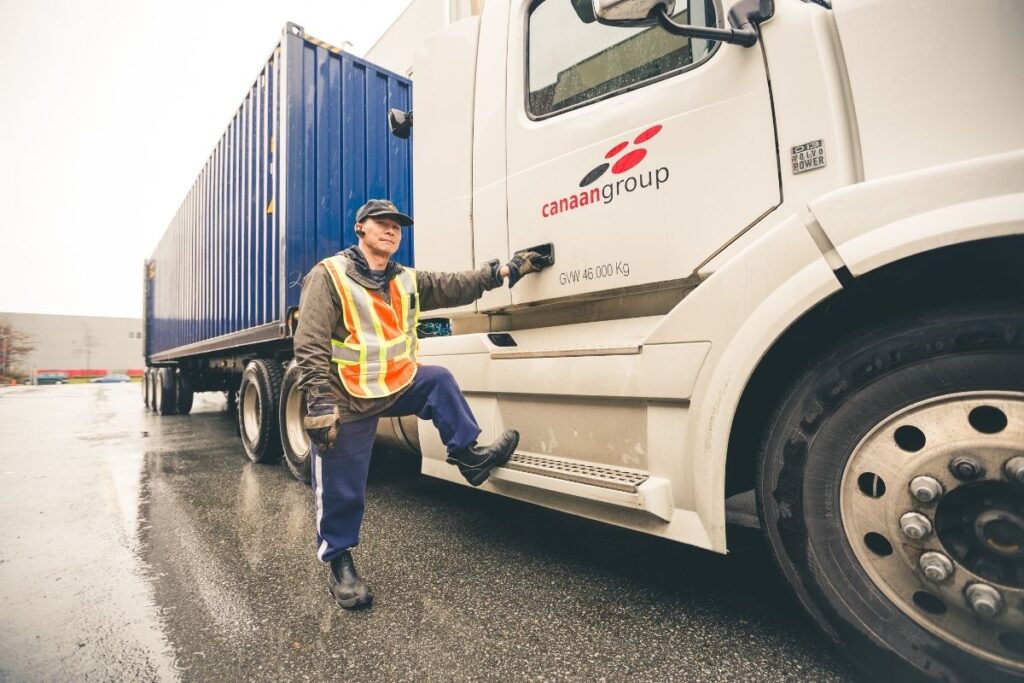
Changes are coming to the Container Trucking Act after a study revealed the extent that off-dock trucking activities are undermining the fairness of pay for drivers.
Unlicensed companies have been taking advantage of grey area in the legislation in order to cut costs, and some TLS license-holders have chosen to partner with unlicensed companies in order to stay competitive. As a result, legitimate business is being increasingly undermined. Changes will take time, but BC’s trucking commissioner has committed to work on policy adjustments that will increase stability, efficiency, and competitive fairness in the trucking sector. [4]
Canaan Group’s trucking division has been a TLS license-holder since its inception in 2015. Since 2018 we have employed only our own company drivers so that we could ensure the company values and quality of service are held to our high standard. When working with us, you can always be sure that we are operating in full compliance of the law.
Collective Agreement Extended in Atlantic Canada
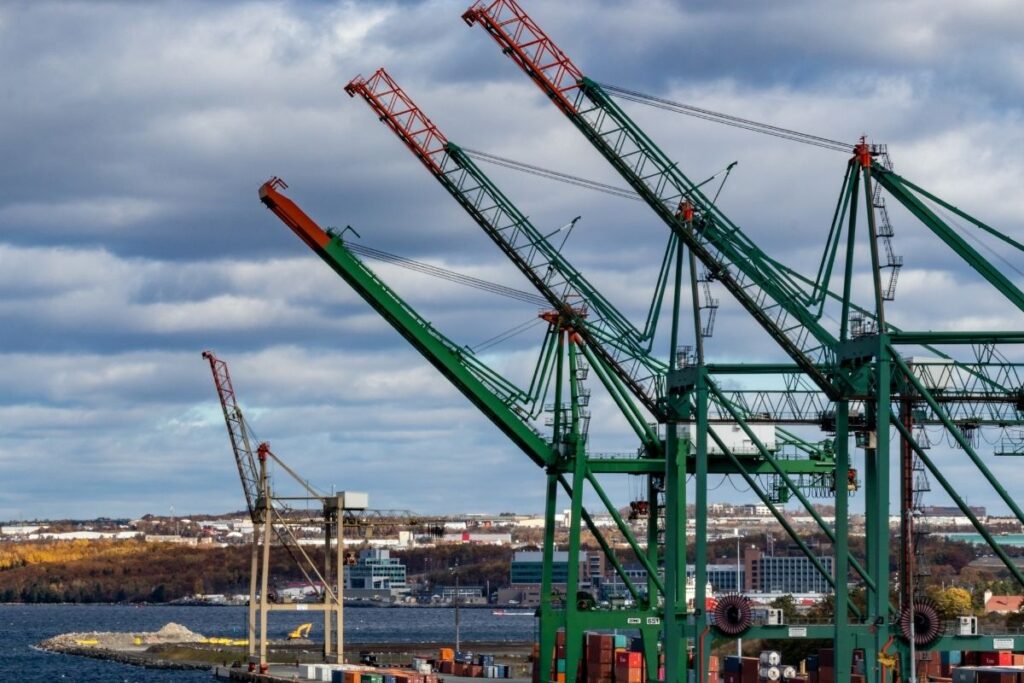
HEA and ILA have agreed to a one year contract extension, providing labour stability to the Port of Halifax.
In response to the uncertainty posed by Covid-19, the Halifax Employers Association and the International Longshoremen’s Union have extended their Collective Agreement and the Mid-West Cargo rebate for an additional year to provide labour stability and to ensure an uninterrupted flow of essential goods between the Atlantic Canada and the rest of the country. The current agreement was set to expire Dec 31, 2020 but will remain in place through the end of 2021. [4]
What’s Happening with COVID-19 in Canada

New COVID-19 cases in Canada are nearing record numbers and the Canada-US border remains closed, although ports and airports remain operational.
As of Friday September 25, 2020, it has been confirmed that the Canada – USA border will remain closed for at least another month, though all ports and airports are operational. COVID-19 cases in Canada have surpassed 148,000, including 637 new cases confirmed in Quebec on Friday, the second day in a row the province recorded more than 500 new cases of the virus. [6]
—
Sources:
[1] Global Supply Chains in a Post-Pandemic World, Harvard Business Review
[2] SFCR timelines – All other foods (manufactured foods), Government of Canada
[3] CUSMA’S nuts and bolts, INSIDE Logistics
[4] Report calls for changes to B.C.Container Trucking Act, INSIDE Logitics
[5] HEA and ILA agree to one year contract extension, Port of Halifax
[6] Tracking every case of COVID-19 in Canada, CTV News


